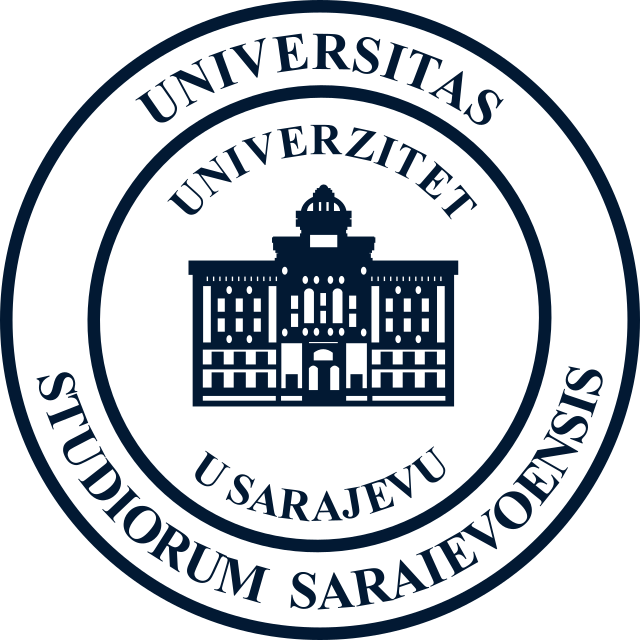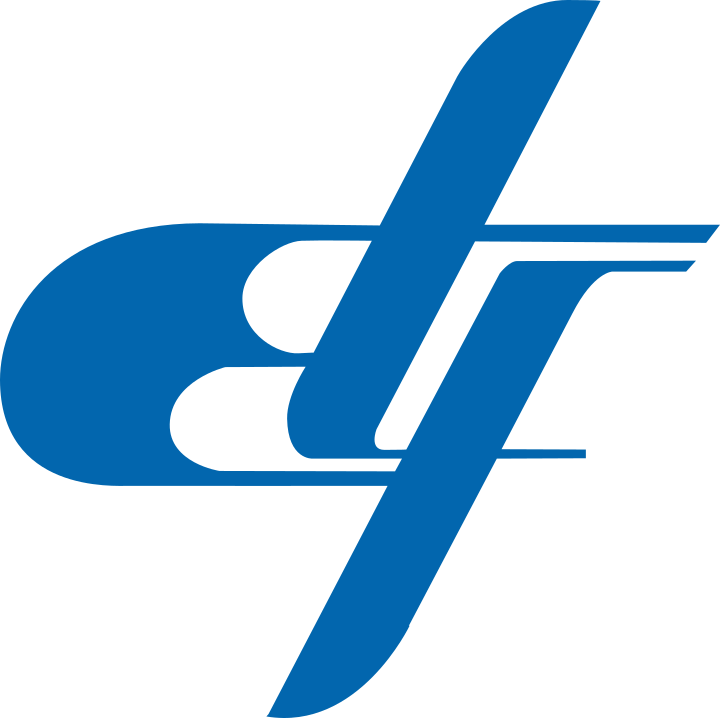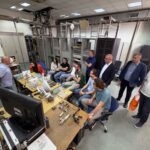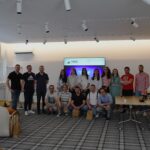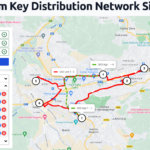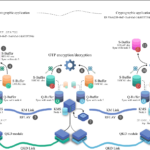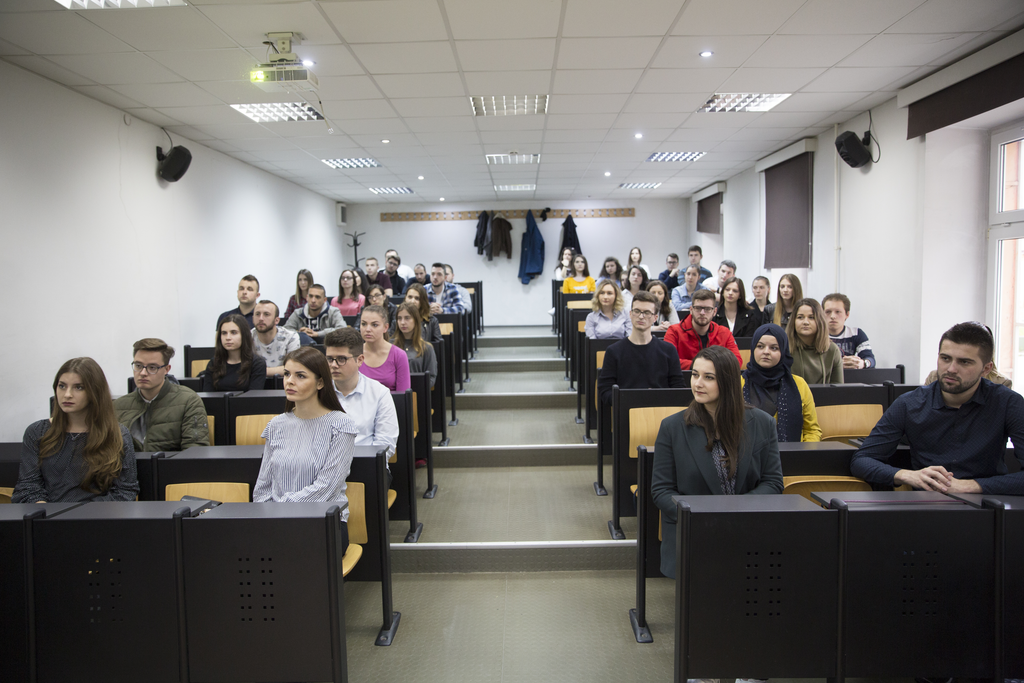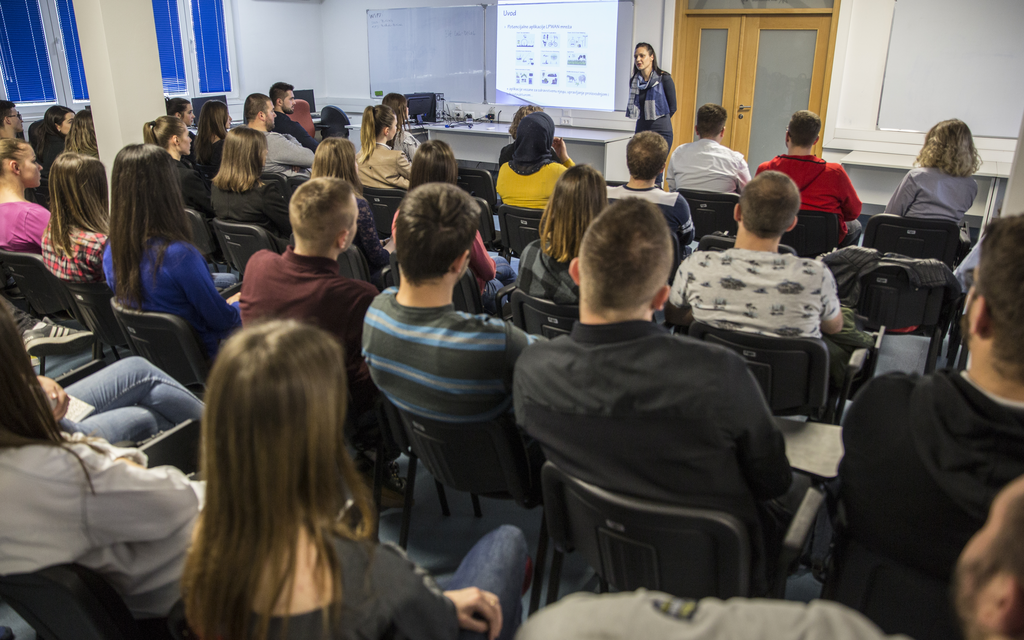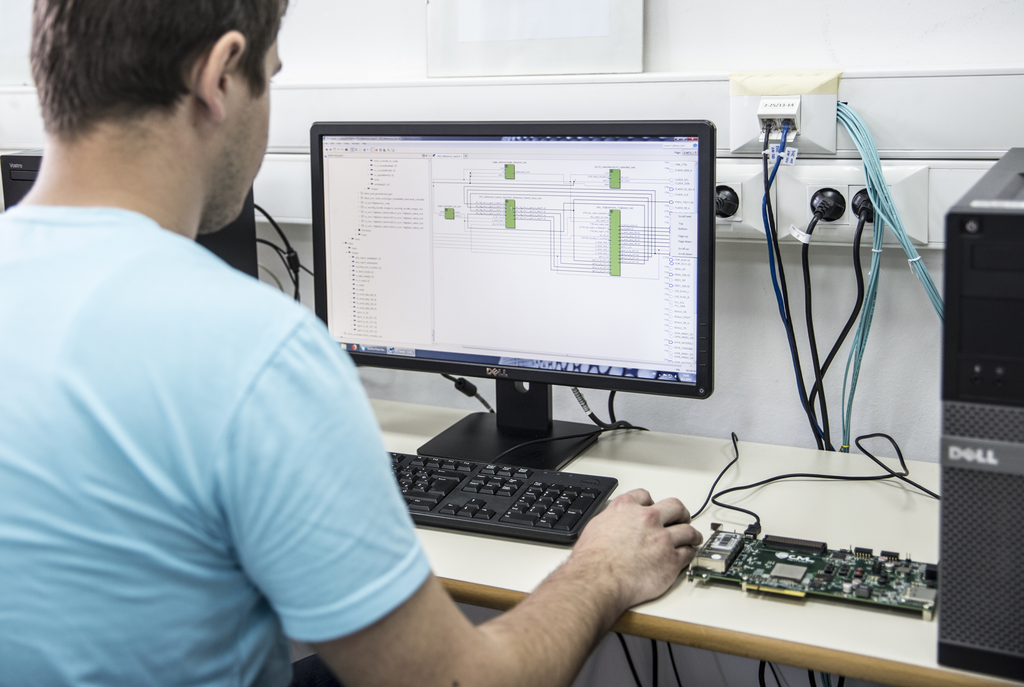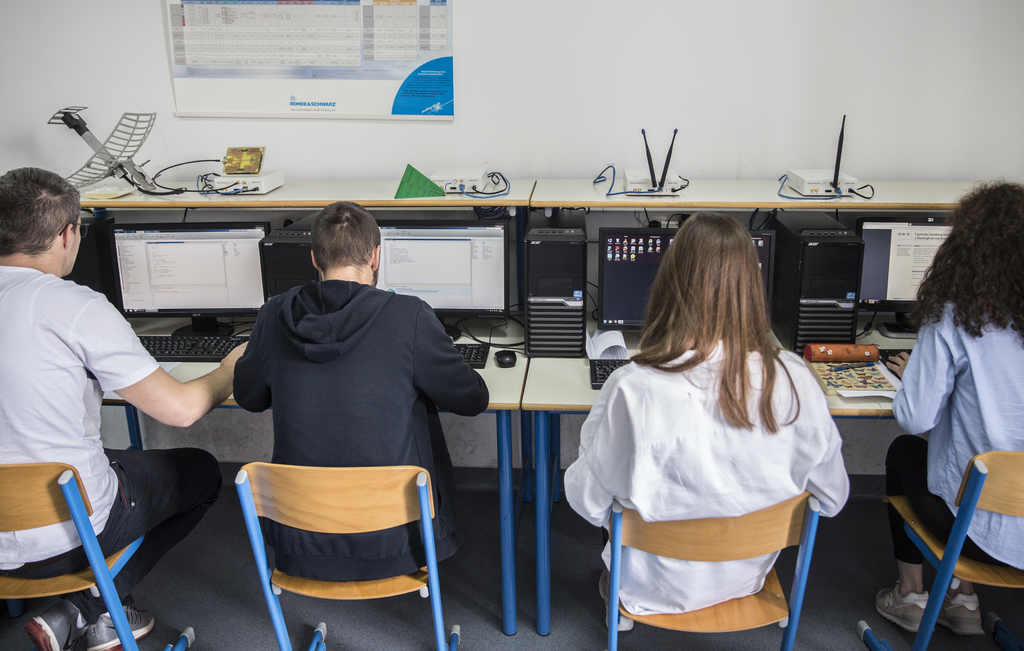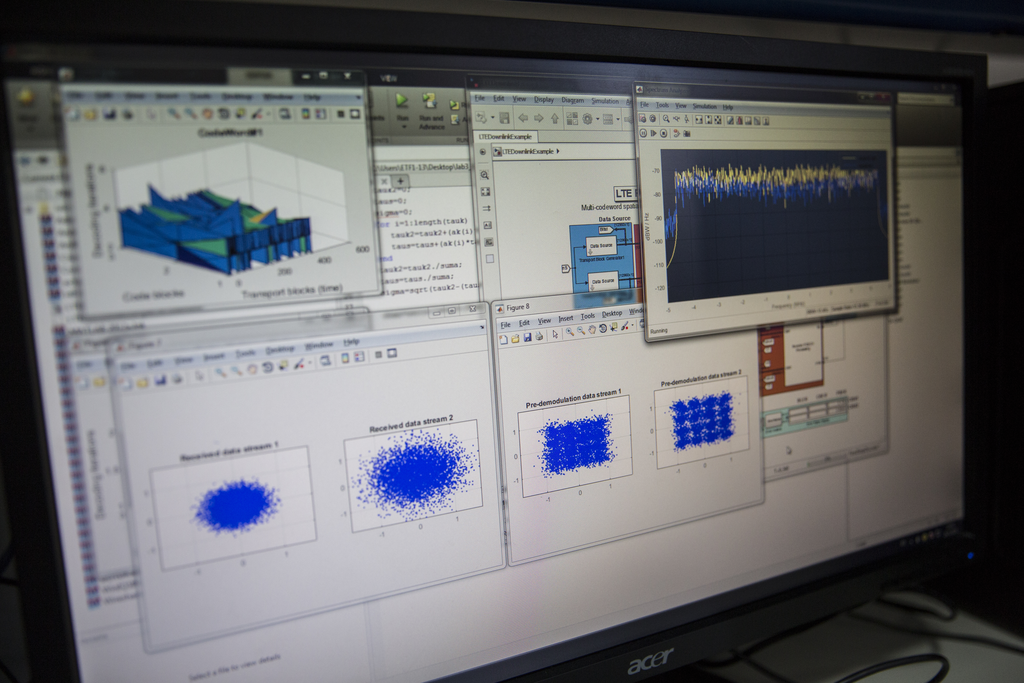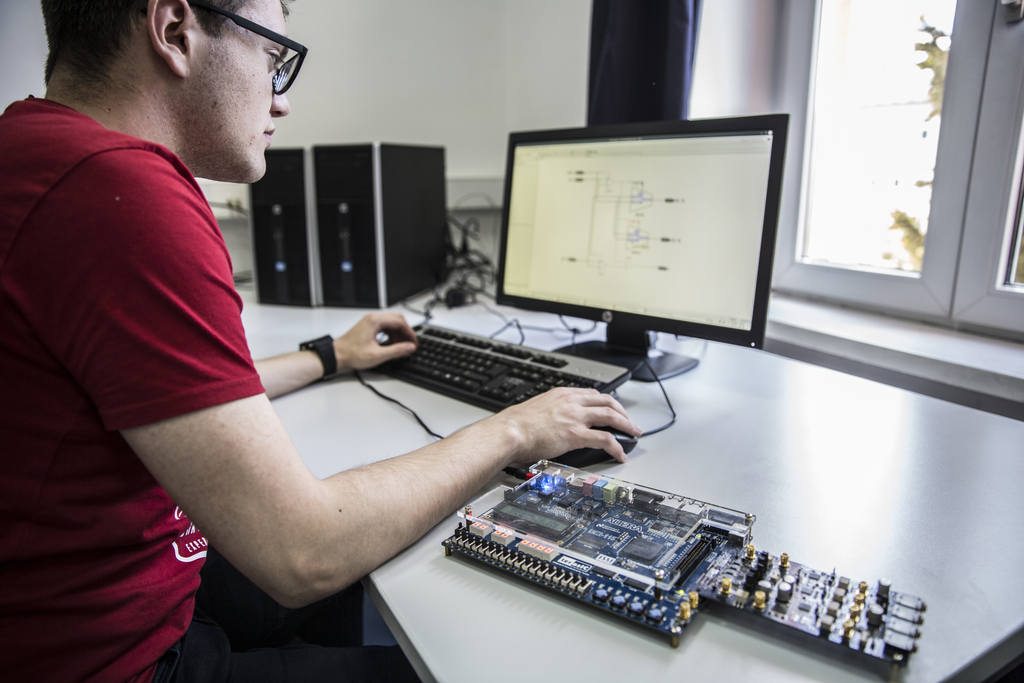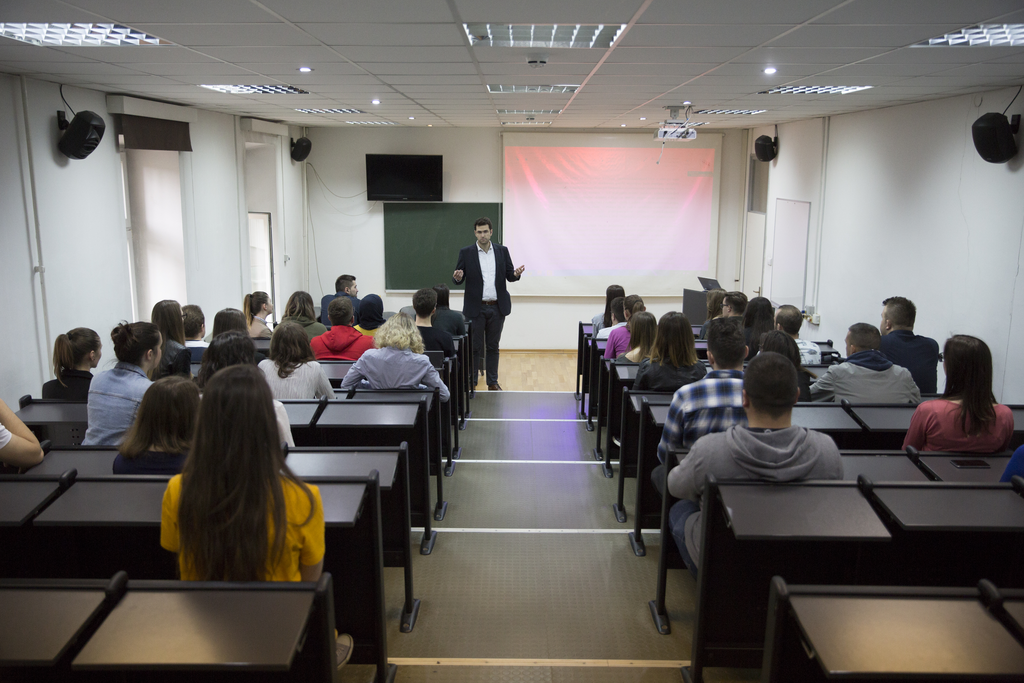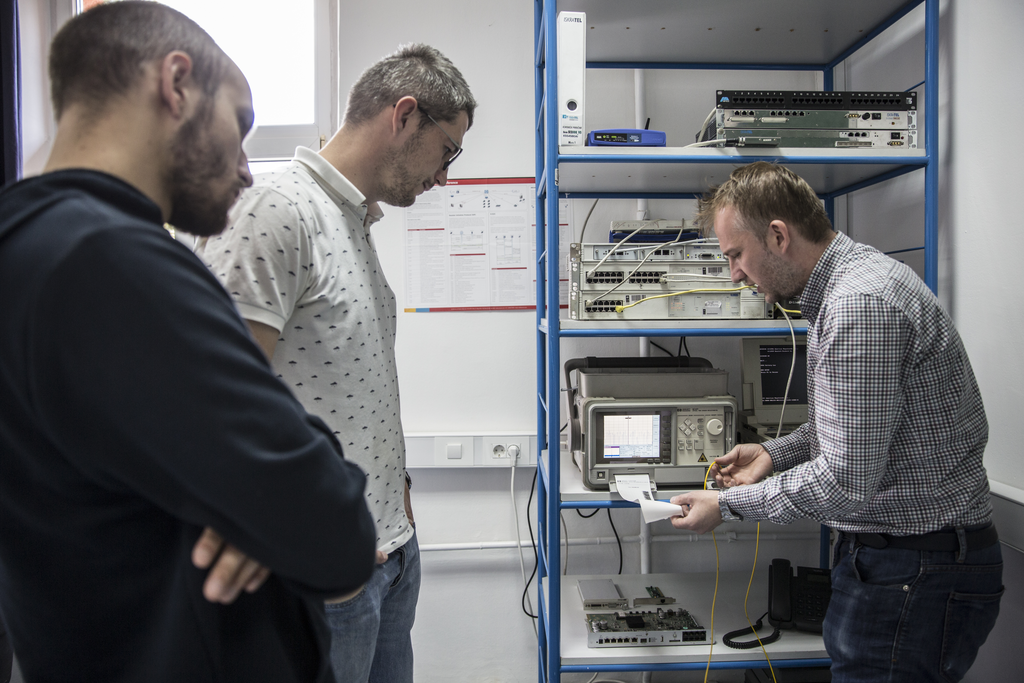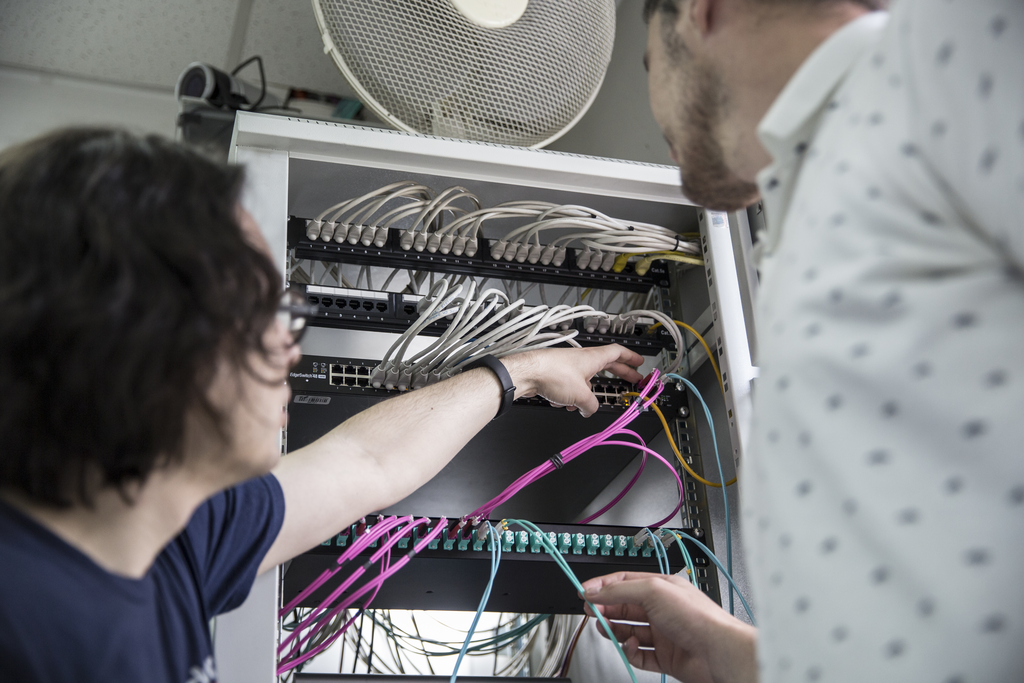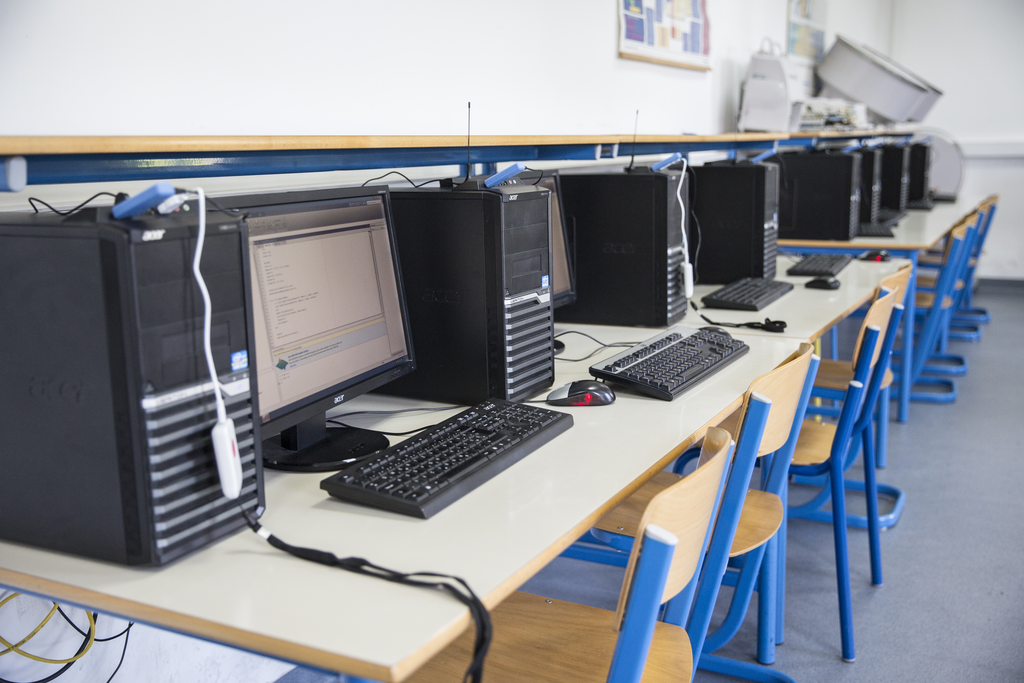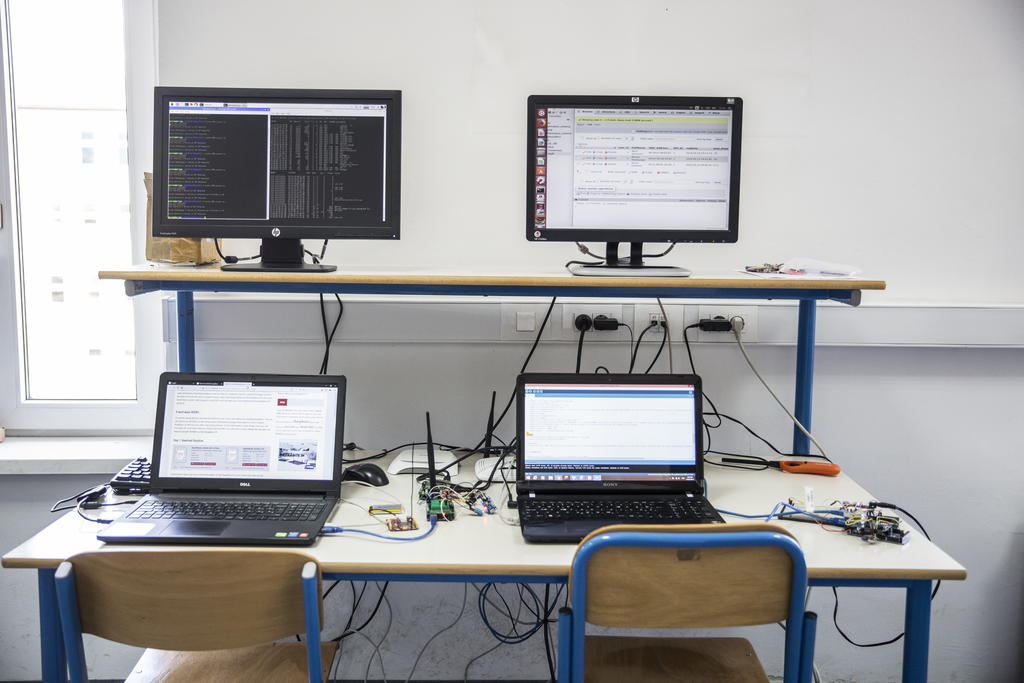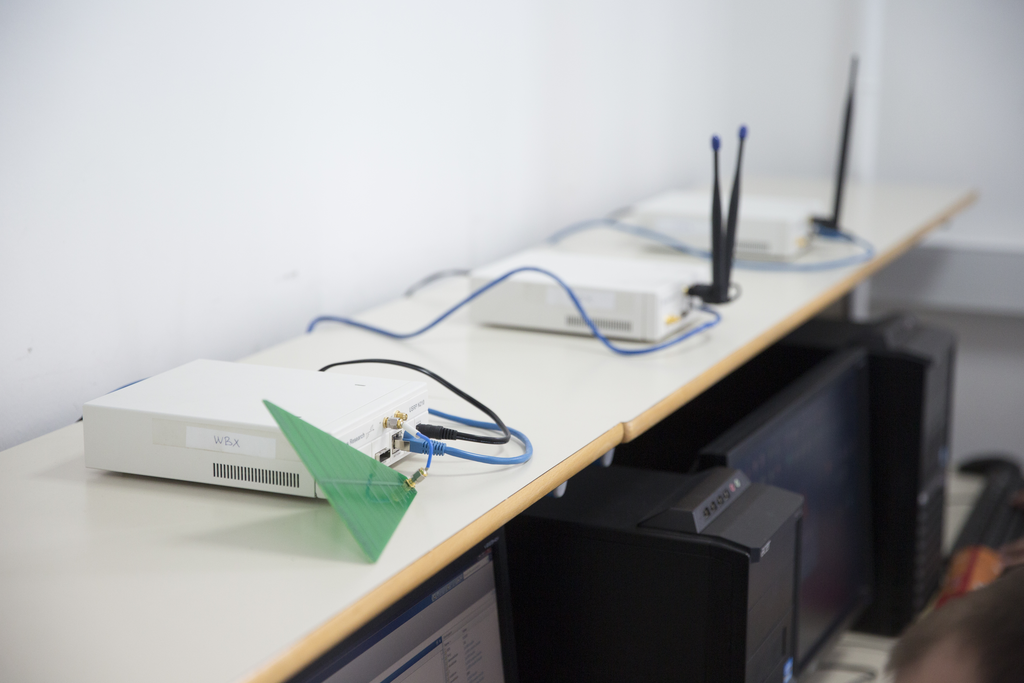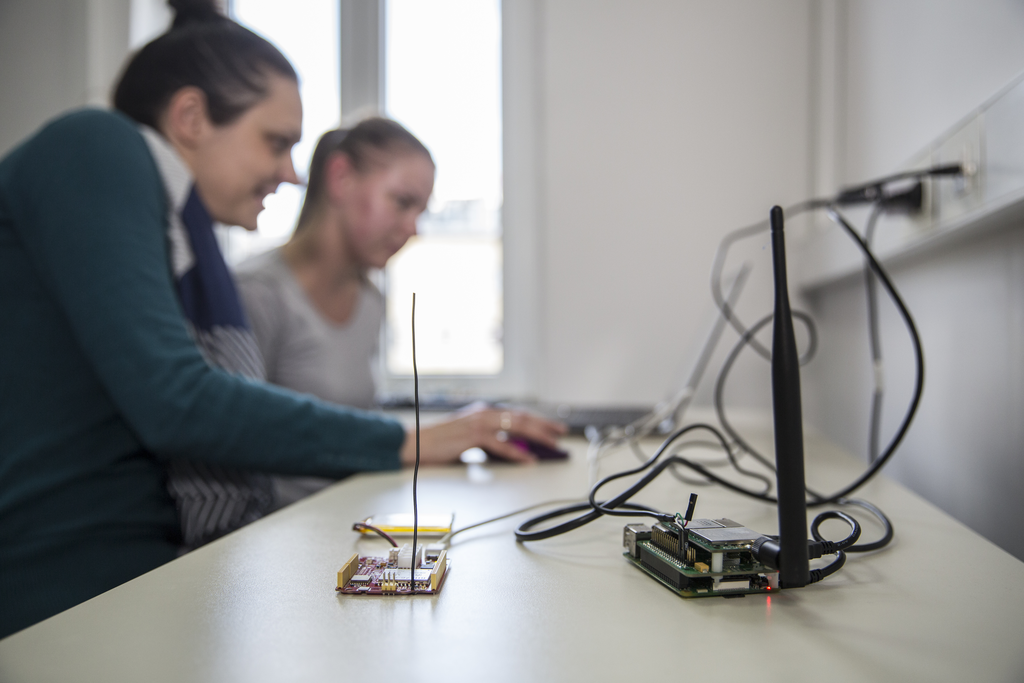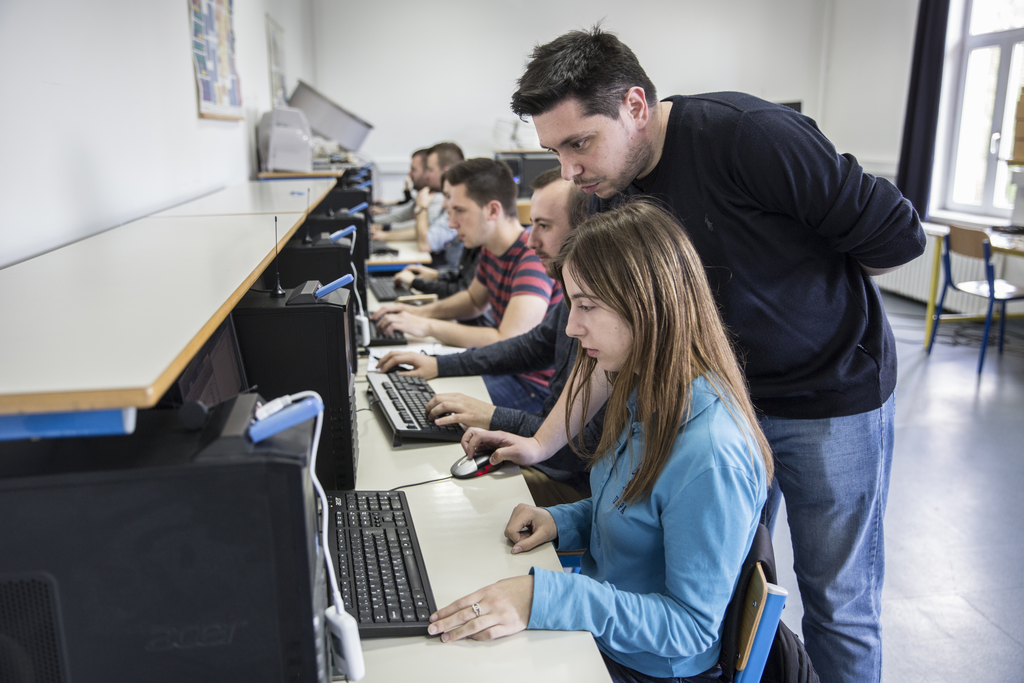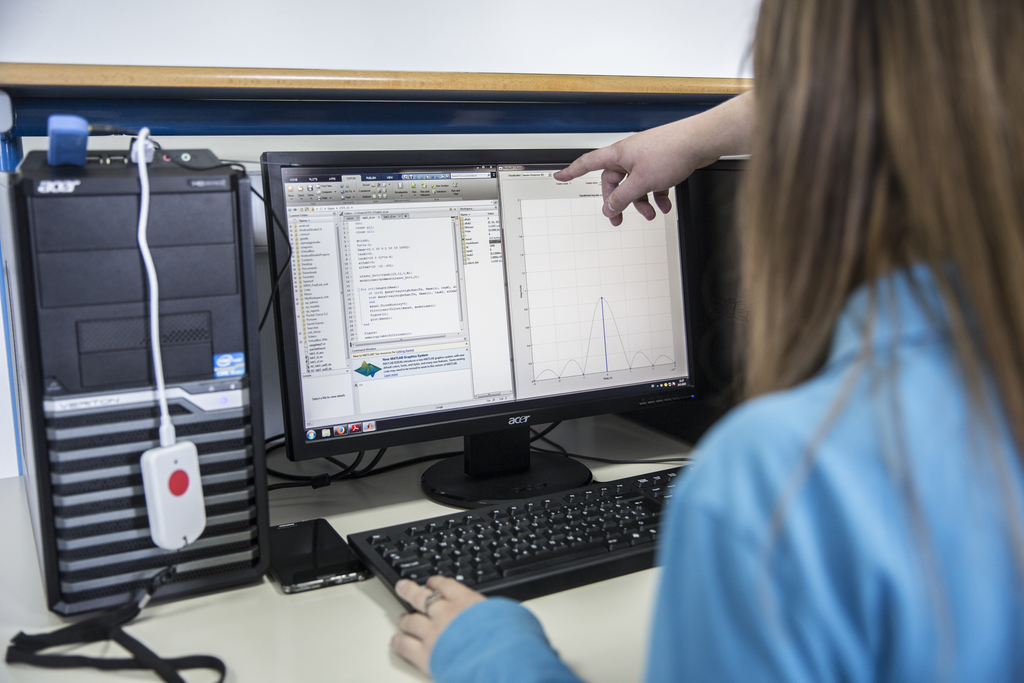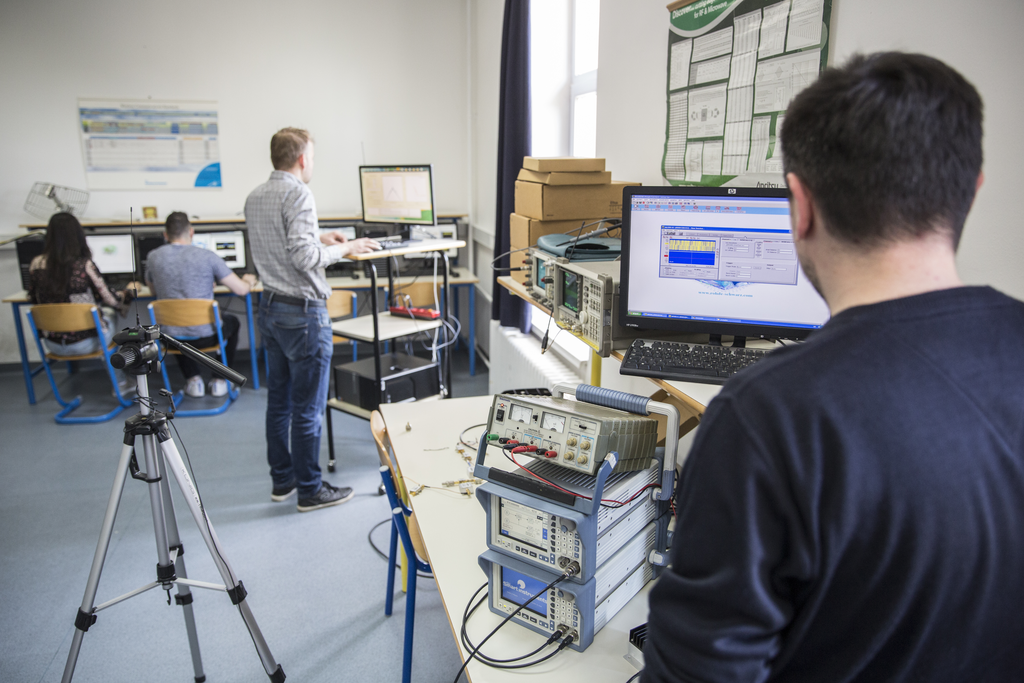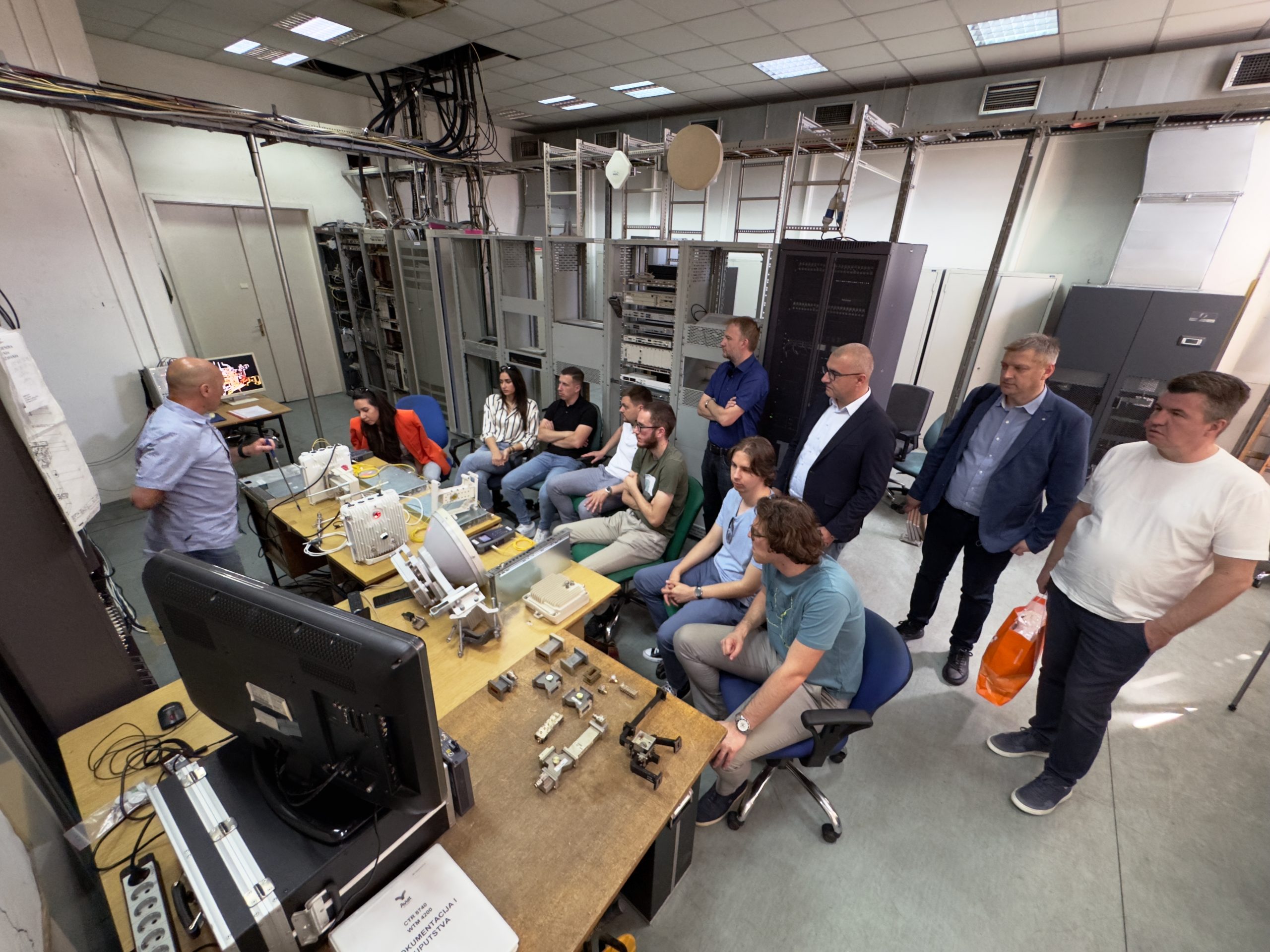
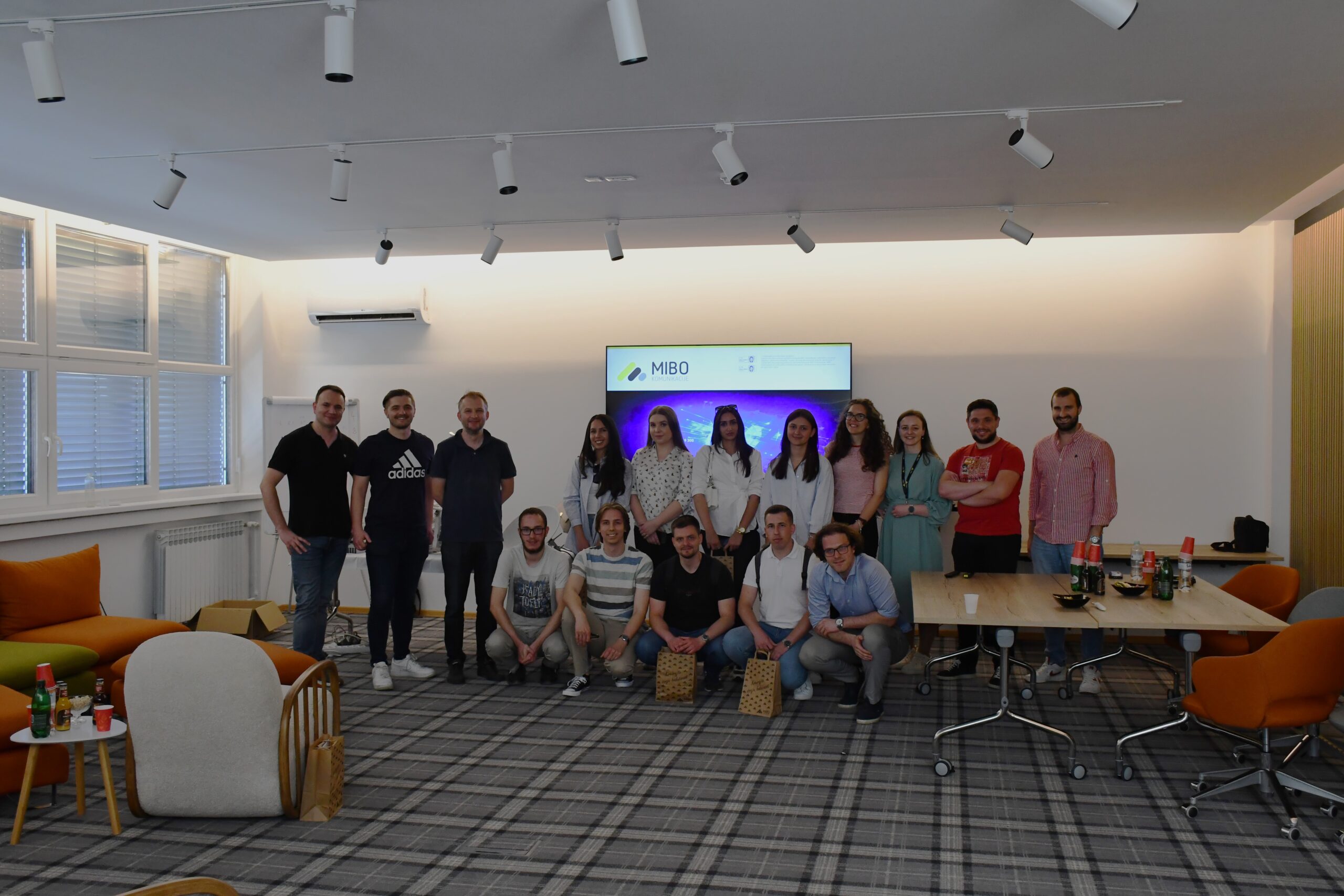
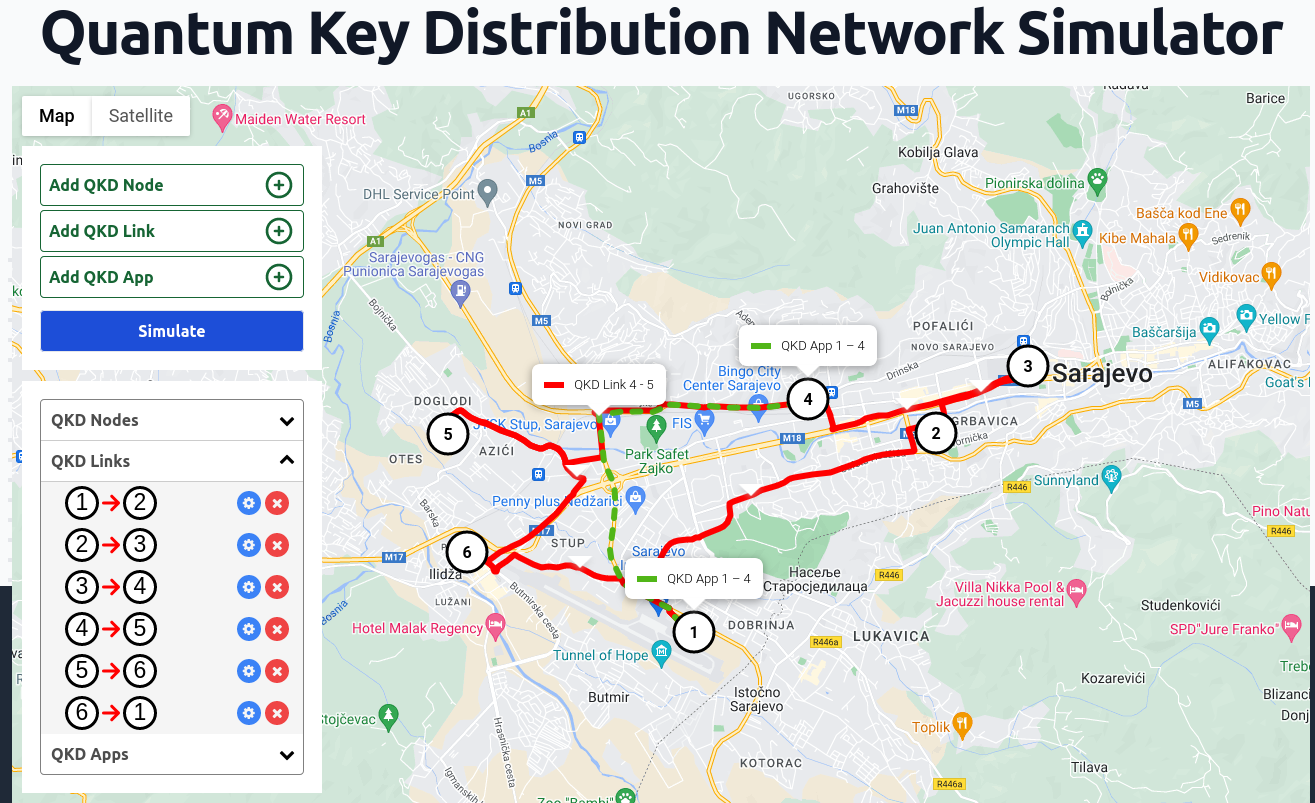

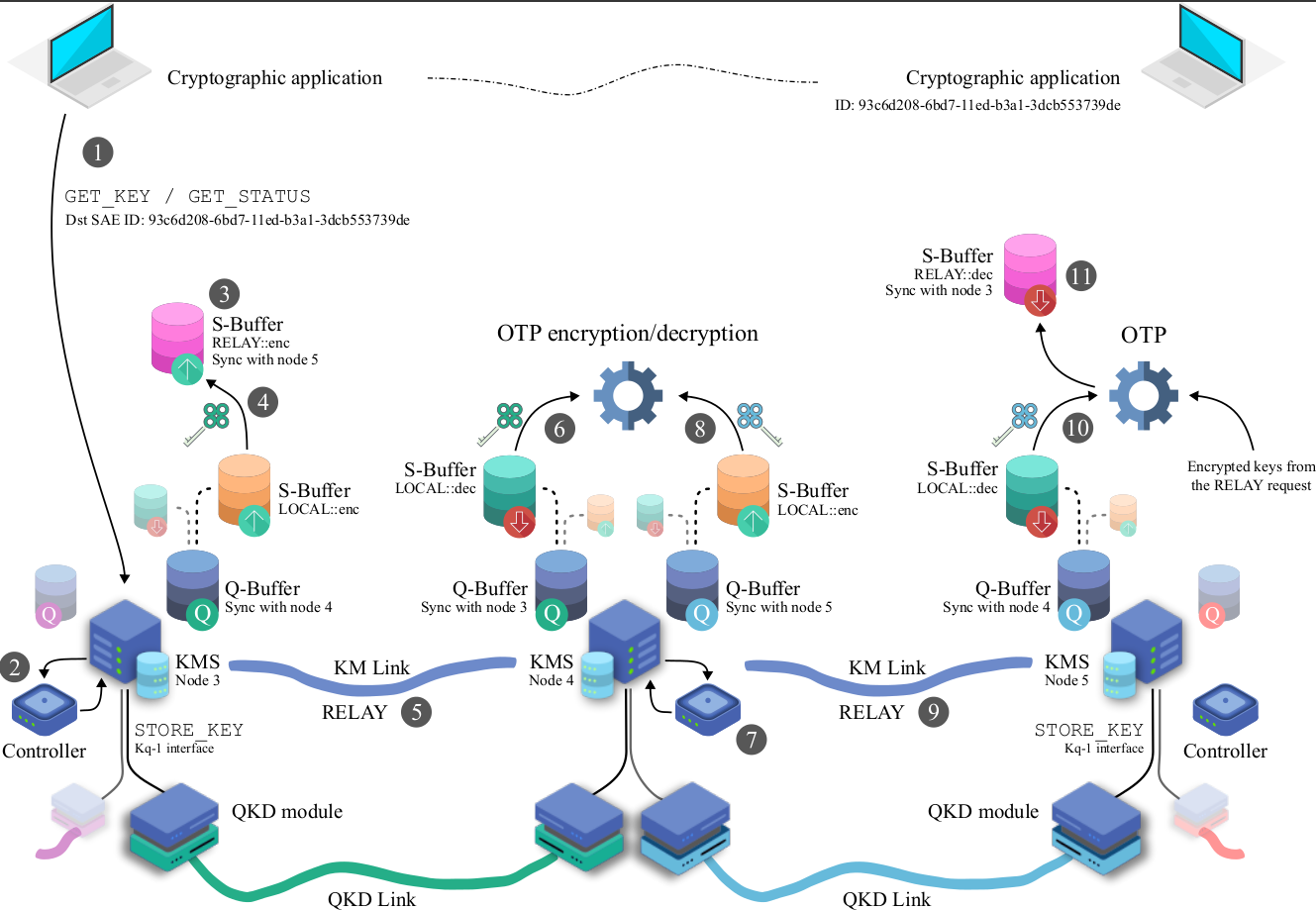
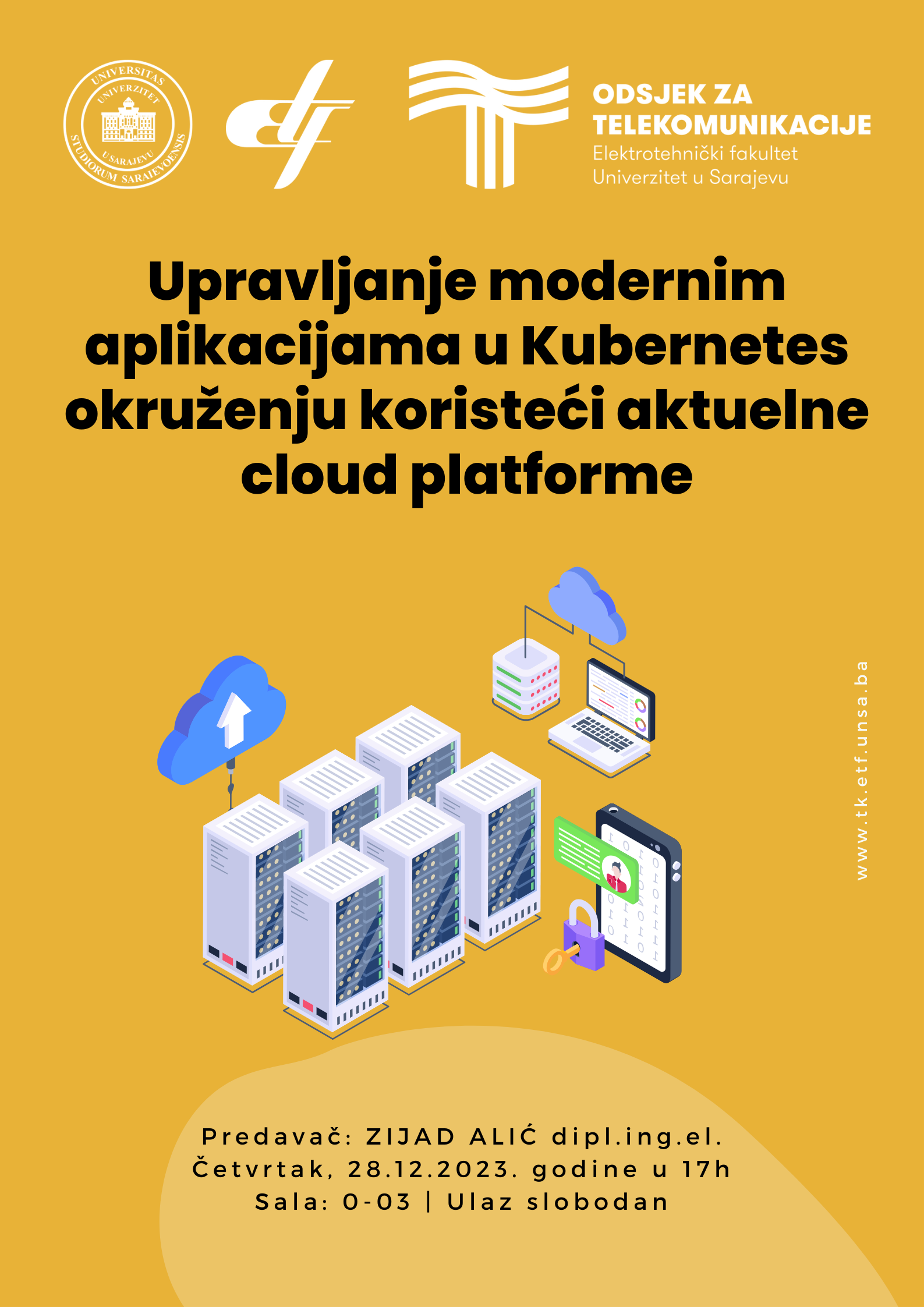
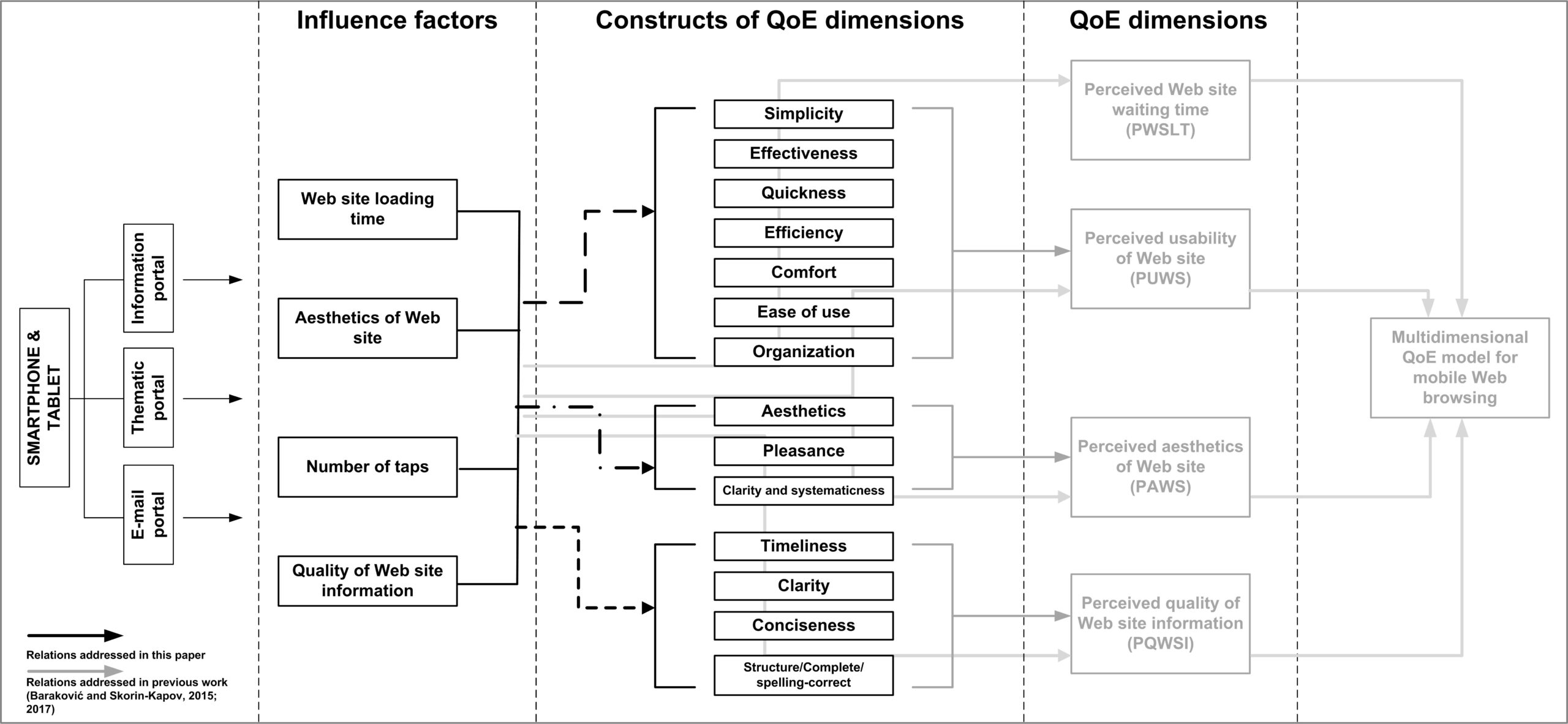
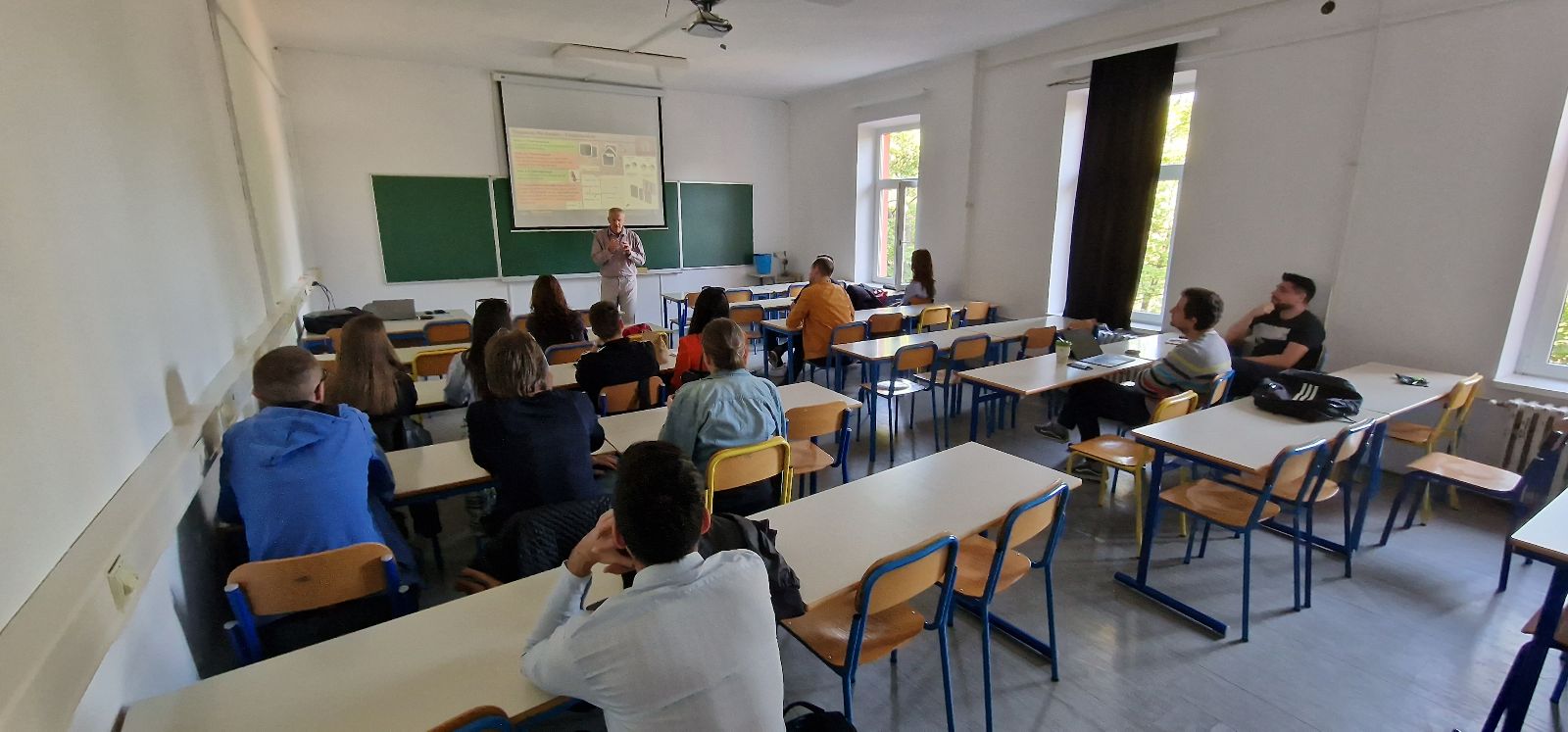
Third-year students of the Department of Telecommunications had visited BHTelecom as part of their teaching activities in Microwave Communication Systems course. You can read more about the visit HERE.
Third-year students from the Department of Telecommunications visited the MIBO company in Sarajevo on June 6, 2024, where they learned about the practical aspects of working in the telecommunications industry and the company's technical projects.
A. Maric, P. Njemcevic: Performance analysis of M‑ary RQAM and M‑ary DPSK receivers
over the channels with TWDP fading
New article published in Journal of Optical Communications and Networking
On the 28th of May, ing. Zijad Alić will give a workshop on the topic “Management of modern applications in the Kubernetes environment using current cloud platforms”. As part of the presentation, students had the opportunity to become familiar with advanced approaches of cloud systems. All
Article entitled “The Impact of QoE Factors on the Perception of Constructs Comprising Information Quality, Usability, and Aesthetics in Mobile Web Browsing” published in Q1 journal – International Journal of Human–Computer Interaction.
New SPIE workshop - Recent Trends in Silicon Photonics, Fiber Optics, and High Power Laser Technologies
News
IEEE News
- Try IEEE’s New Virtual Testbed for 5G and 6G Tech
Telecom engineers and researchers face several challenges when it comes to testing their 5G and 6G […]
- Video Friday: Robot Baby With a Jet Pack
Video Friday is your weekly selection of awesome robotics videos, collected by your friends at IEEE […]
- The Engineer Who Pins Down the Particles at the LHC
The Large Hadron Collider has transformed our understanding of physics since it began operating […]
About Us
The Department of Telecommunications was founded in 1976, and it is one of four departments of the Faculty of Electrical Engineering, University of Sarajevo. Since 2005, study programs have been harmonized with the Bologna Declaration, and are divided into Bachelor, Master and Doctoral Studies.
The bachelor’s study program, with a duration of three years, is oriented towards fundamentals of engineering practice and telecommunication knowledge, and it is accredited by ASIIN – the German member of European Quality Assurance Association in Higher Education (ENQA). On the other hand, the master’s study program with a duration of two years is oriented towards practical engineering work and scientific-research activities.



